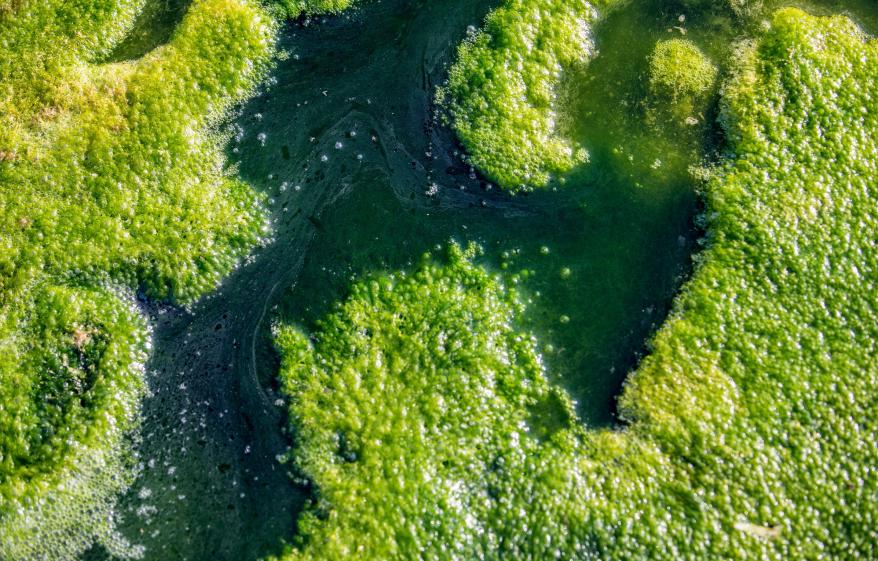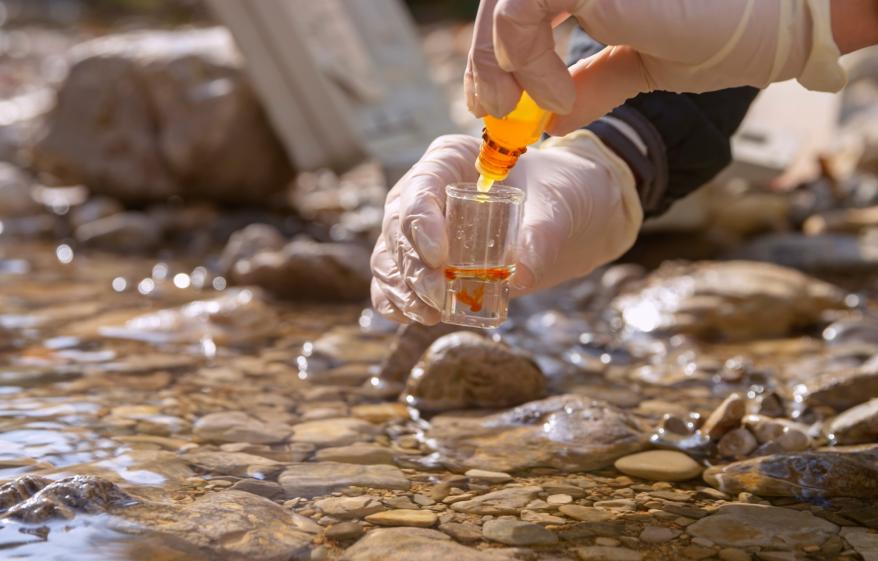
The impact of using biosolids as fertiliser on agricultural land
What are biosolids?
Biosolids are solid byproducts yielded from biological treatment processes found on traditional wastewater treatment sites. In the UK, it is common practice for farmers to apply these biosolids to their agricultural land because they’re rich in nitrates and phosphates which are essential nutrients found in fertilisers. These landbanks are also a popular disposal route for water utility companies because it avoids the alternative options (landfill and incineration) which are costly and environmentally unsustainable.
Why are microplastics in biosolids?
Over the past few decades, anthropogenic sources of microplastics have found their way into human digestive waste via our food and drinking water. These synthetic microplastics, which are less than 5mm in size, never fully breakdown in nature or in our bodies. In wastewater treatment plants, microplastics accumulate to high concentrations in the biosolids, which then re-enter the food chain via agricultural crops.
A 2022 review reports that the accumulation of residual microplastics in soil can cause negative impacts on crop production and influence greenhouse gas emissions. Microplastics destroy the soil structure, reduce the availability of nutrients, alter microbial activities, affect crop development and growth, and reduce seed germination.
Our solution for microplastics in biosolids
Onunda’s technology offers a unique solution to this challenge by treating the biosolids and destroying the microplastics while retaining the valuable nutrients in a biochar product. This product can then be used to replace biosolids as an agricultural fertiliser, without reintroducing microplastics to the food chain.













